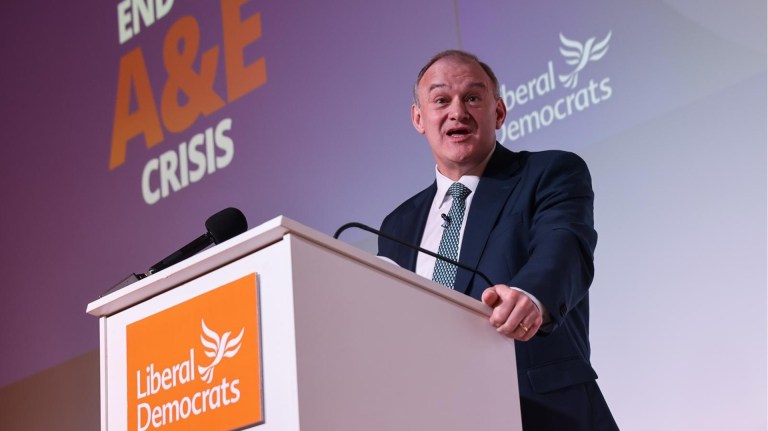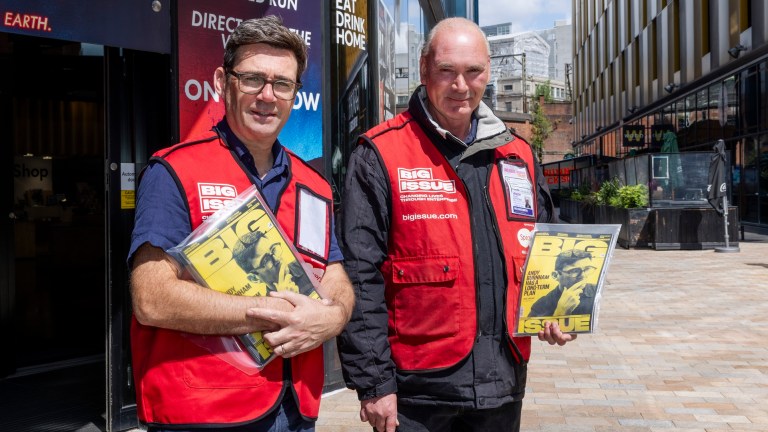Rachel Reeves’ spring statement was meant to be a small deal. It wasn’t.
Some 250,000 people, including 50,000 children, will be plunged into poverty by benefits cuts, with one in five families where somebody is disabled set to miss out. The growth forecast for the coming year has been cut in half to 1%, but slightly upgraded thereafter. The OBR is promising families will be £500 a year better off. As things stand, the government is falling short of its target of building 1.5 million new homes.
Beyond the raw numbers affected by benefits cuts, the spring statement could have a profound effect, from those in debt to military assets and the narrow choices faced by the chancellor. What are you supposed to make of it the bigger picture? Big Issue has been asking experts from a range of fields for their breakdown.
- Could Rachel Reeves have introduced a wealth tax instead of benefit cuts? Economists say yes
- DWP ordered to correct ‘entirely misleading’ claim about universal credit claimants looking for work
- Doubt cast on Rachel Reeves’ claim Labour will be in ‘touching distance’ of building 1.5 million homes
Despite dire official forecasts, the full Impact of the planned cuts to benefits is yet to be fully figured out. “The OBR has been unable to fully certify the impact the proposed welfare cuts will have on reducing spending and getting people back to work, but the verdicts of those groups representing disabled people are clear about the substantial impact on living standards they are likely to have on some of the most vulnerable people in society,” said Ben Harrison, director of the Work Foundation at Lancaster University.
“Cuts that heighten anxiety for disabled people – or end up pushing them into unsuitable work – are unlikely to lead to an increase in sustained employment and support economic growth.”
The benefits cuts could drive more people to reliance on credit, said Simon Dukes, CEO of Fair for You, which runs Iceland’s interest-free Food Club loan scheme. “Welfare payments already leave claimants with no financial buffer if they have to replace an essential household item or even put food on the table. Any decrease in real-terms will put some people in an unfair and devastating situation,” said Dukes.









